• says country positioned as natural hub for AfCFTA’s $3.4trn market
From Juliana Taiwo-Obalonye, Abuja
At the 80th Session of the United Nations General Assembly (UNGA) in New York on September 22, 2025, Vice President Kashim Shettima passionately showcased Nigeria’s $200 billion energy transition opportunity, urging global investors to seize the vast multi-faceted prospects available across the nation. Representing President Bola Tinubu, the Vice President highlighted how Nigeria is strategically positioned to become the natural hub for the African Continental Free Trade Area’s (AfCFTA) $3.4 trillion market.
According to a statement issued by his media aide, speaking at a Business Council for International Understanding (BCIU) Roundtable themed “Risk, Reform, Return,” Shettima emphasised the interconnectedness of today’s global economy and Nigeria’s rising potential. “The wealth of any nation is neither achieved through miracles nor inherited,” he declared, underscoring Nigeria’s stature as West Africa’s largest economy and Africa’s biggest consumer market, currently with a population of 236 million projected to swell to 320 million by 2040.
Shettima painted a compelling picture of Nigeria’s demographic dividend, with a median age of about 17 and over 58 percent of the population under 30, qualifying as one of the deepest talent pools globally. “When you add to this our geographic position as a natural hub for trade between Africa, the Americas, and Asia; our 44 distinct natural resources; our five tech unicorns; the largest oil reserves in Africa; and 210 trillion cubic feet of proven gas reserves, you see that Naija no dey carry last,” he declared to the international audience.
The Vice President detailed the bold reforms initiated since mid-2023 under President Tinubu’s Renewed Hope Agenda, including unifying Nigeria’s exchange rates, eliminating long-standing fuel subsidies that distorted the economy, modernizing tax and customs systems, enhancing fiscal oversight, and overhauling trade and investment policies. “This reset includes full implementation of the AfCFTA, the roll-out of a National Single Window for trade, a new Investment and Securities Act, an upgraded PPP framework, and modernized bilateral investment treaties,” Shettima said.
According to Shettima, the economic reforms are already yielding results with accelerating GDP growth, stronger external reserves, moderating inflation, and rebounding investor commitments.
He pointed to the April 2025 sovereign rating upgrades by Fitch and Moody’s—Fitch lifting Nigeria’s rating to B with a stable outlook, and Moody’s raising its issuer rating to B3, also stable—as recognition of improved buffers and clearer policy direction. “This positions Nigeria as the natural hub for the AfCFTA’s $3.4 trillion market,” he stated.
Shettima outlined a four-pillar incentives framework designed to reduce investor risk and accelerate cash returns, making Nigeria one of the most competitive capital destinations in the Global South. Investors now benefit from simplified tax regimes with capital allowances, research and development deductions, export rebates, and tax credits on qualifying capital expenditure. Special Economic Zones offer duty-free imports, rent concessions, export rebates, and integrated logistics platforms to unlock working capital.
The Vice President highlighted cross-border protections including updated bilateral investment treaties, investor promotion and protection agreements, streamlined foreign exchange access, and structured repatriation pathways ensuring protection for investor capital and profits. He also presented Nigeria’s Special Agro-Industrial Zones, which reduce post-harvest losses by up to 40 percent by linking farmers directly to processing and export hubs, transforming Nigeria into a continental food system for West Africa.
On energy, Shettima revealed Nigeria’s enormous potential with 210 trillion cubic feet of gas reserves and among Africa’s highest solar irradiation levels, representing a $200 billion opportunity in energy transition. Fiscal incentives and VAT waivers are de-risking investments in traditional and renewable power projects, spanning gas-fired plants, off-grid solar, and clean hydrogen pilots.
Infrastructure remains a key focus, with Nigeria addressing a $1 billion annual gap in transport, ports, and power through blended sovereign and private funds managed by InfraCorp and the Nigeria Sovereign Investment Authority. These funds are backing metro lines, dry ports, and industrial corridors that support West African trade and long-term investor revenues.
“Special Economic Zone clusters now host over $5 billion in installed industrial capacity, with backward integration incentives and AfCFTA corridors opening a multi-billion-dollar continental market,” Shettima explained.
He also underscored Nigeria’s mineral wealth under a new beneficiation and security regime, highlighting commercially viable minerals worth over $700 billion including lithium, gold, bitumen, and rare earths essential for the global green transition. Digitally, Nigeria commands 29 percent of Africa’s internet usage, has attracted over $2 billion in venture funding, and is training three million new tech talents, making it Africa’s fastest-growing digital hub with fintech, AI, cloud services, and continental broadband rollout.
The creative economy is a vital sector, valued at $15 billion and projected to reach $100 billion by 2030. Nigeria’s entertainment sectors including Nollywood, Afrobeats, gaming, animation, and fashion are expanding under strong intellectual property protection and creative hub incentives. Healthcare is also growing, bolstered by executive orders on local manufacturing and a $1.57 billion World Bank primary healthcare program supported by specialist centers built through the Nigeria Sovereign Investment Authority.
Minister of Industry, Trade and Investment Dr. Olajumoke Oduwole corroborated the Vice President’s address, reiterating that since May 2023, Nigeria’s economic reset under President Tinubu has led to unification of exchange rates, fuel subsidy removal, modernization of tax and customs systems, and strengthened fiscal oversight. She highlighted the overhaul of trade and investment policies including full AfCFTA implementation and new regulatory frameworks. “GDP growth is accelerating, external reserves are strengthening, inflation is moderating, and investment commitments are rebounding,” she noted.
Oduwole disclosed that as a result of these reforms, Fitch upgraded Nigeria’s sovereign rating to B, Moody’s to B3, and investment interest exceeding $50 billion has been tracked across key sectors.
Earlier in the day at the UN General Assembly Hall, Vice President Shettima represented President Tinubu at a high-level meeting marking the 80th anniversary of the UNGA, where President Tinubu delivered a brief address celebrating the UN’s legacy of peace, protection of human dignity, and developmental goals.
The delegation from Nigeria included Kaduna State Governor Senator Uba Sani, Minister for Solid Minerals Development Mr. Dele Alake, Minister for Arts, Culture and Creative Economy Hannatu Musa Musawa, Women Affairs Minister Iman Suleiman-Ibrahim, and officials from the Nigerian Mission in New York.




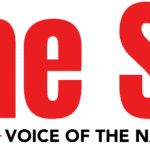



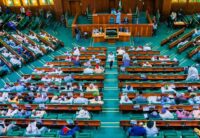
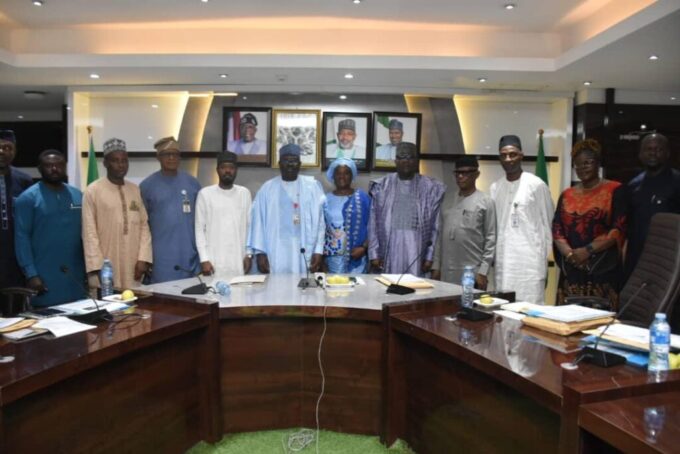
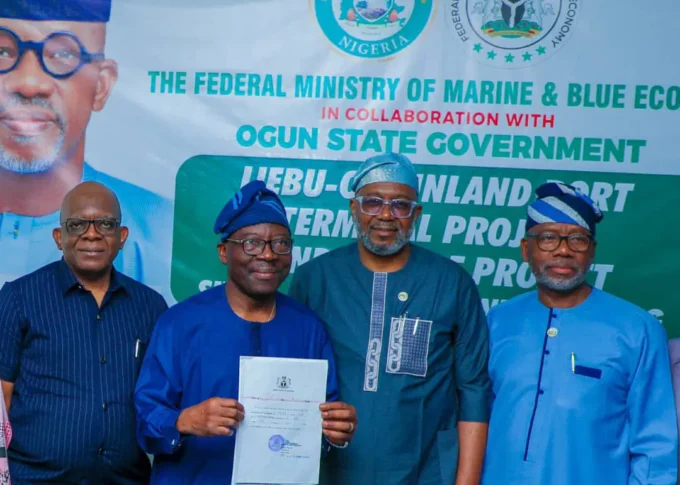
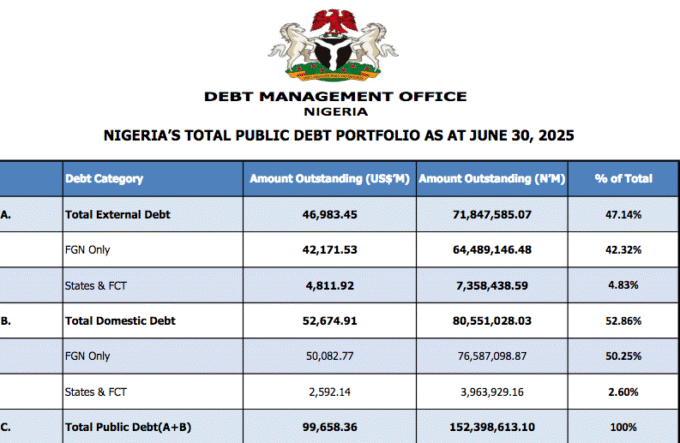
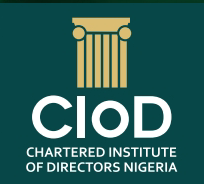





Leave a comment